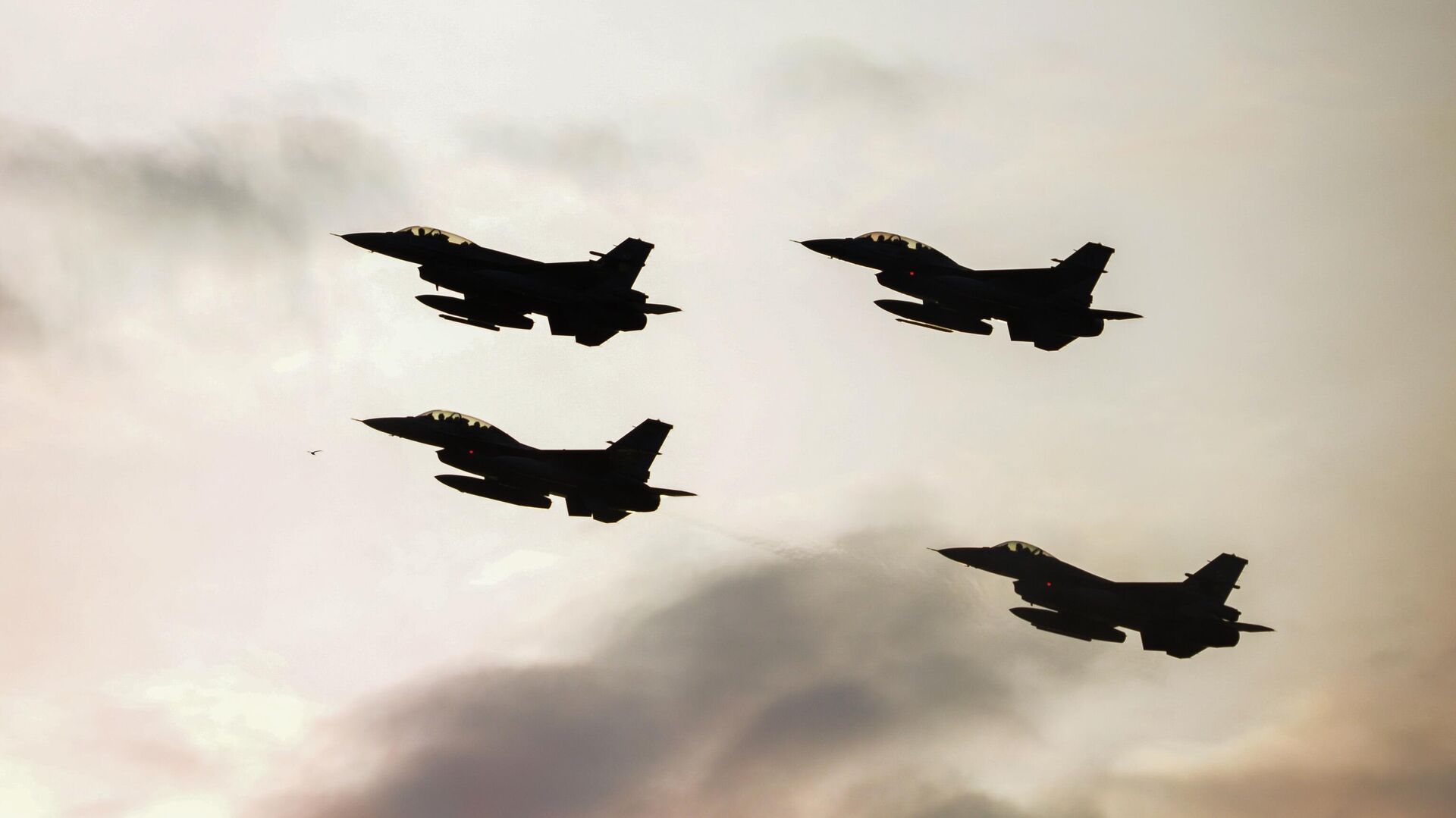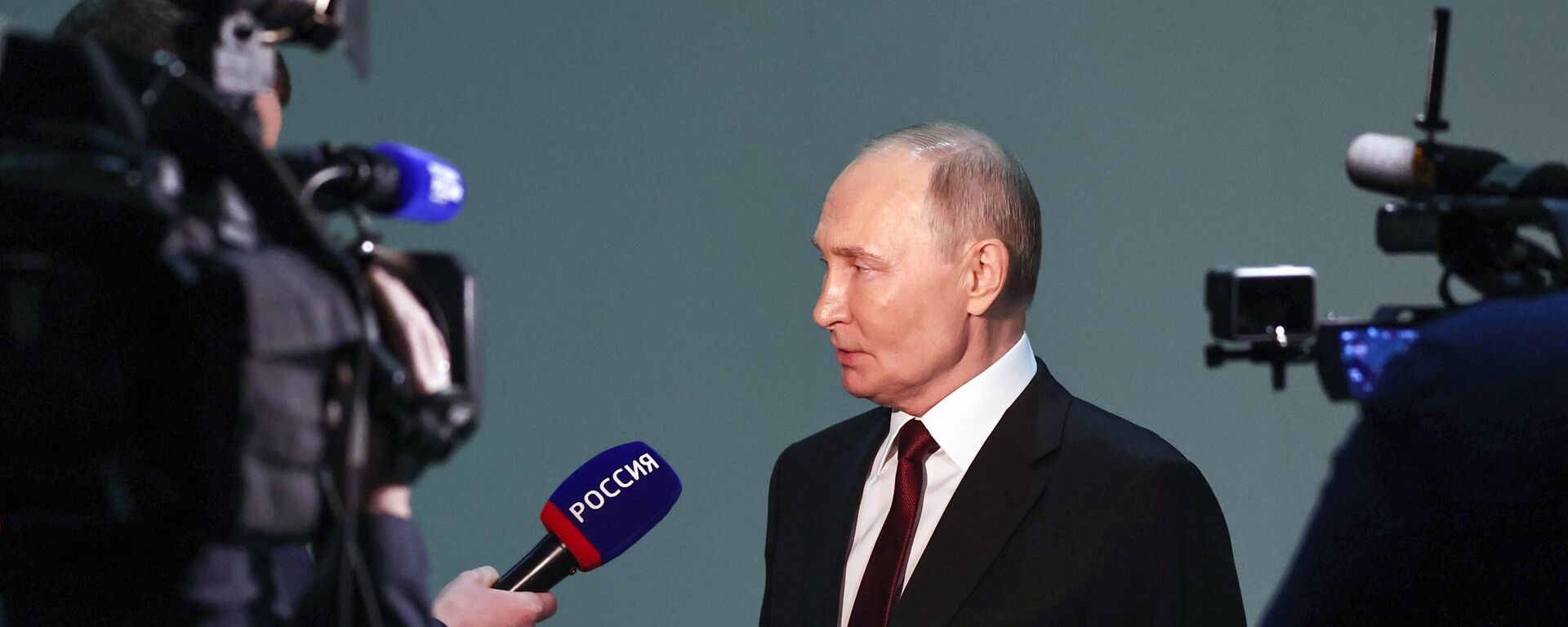https://en.sputniknews.africa/20241227/europe-not-keeping-up-with-tech-progress-creating-new-weapons-already-outdated-nato-says-1069909914.html
Europe Not Keeping Up With Tech Progress, Creating New Weapons Already Outdated, NATO Says
Europe Not Keeping Up With Tech Progress, Creating New Weapons Already Outdated, NATO Says
Sputnik Africa
MOSCOW (Sputnik) - Russian President Vladimir Putin said earlier in December that Russia is prepared for a technological showdown between its new Oreshnik... 27.12.2024, Sputnik Africa
2024-12-27T09:24+0100
2024-12-27T09:24+0100
2024-12-27T11:17+0100
europe
north atlantic treaty organization (nato)
military
weapon
artificial intelligence (ai)
technology
international
https://cdn1.img.sputniknews.africa/img/07e8/07/1f/1067696137_0:0:3067:1725_1920x0_80_0_0_82d9998e620b4d4a8c9de430428168da.jpg
Europe is not keeping up with the development of military technologies and is spending too many years creating weapons systems, which is why they become outdated when they are finally adopted, NATO Supreme Allied Commander Transformation Adm. Pierre Vandier said.He added that the tech development period is about two to three years, which is ten times faster than "the huge, controlled procurement system in Europe." At the same time, he noted that it is not possible to speed up the development of large equipment - aircraft, tanks or ships - because their creation always takes decades. However, the speed of development of new technologies in the fields of optoelectronics, artificial intelligence, communications and software should be increased, Vandier added.
https://en.sputniknews.africa/20241219/russia-ready-for-technological-duel-using-oreshnik-systems-right-now-putin-says-1069803149.html
europe
Sputnik Africa
feedback@sputniknews.com
+74956456601
MIA „Rossiya Segodnya“
2024
Sputnik Africa
feedback@sputniknews.com
+74956456601
MIA „Rossiya Segodnya“
News
en_EN
Sputnik Africa
feedback@sputniknews.com
+74956456601
MIA „Rossiya Segodnya“
Sputnik Africa
feedback@sputniknews.com
+74956456601
MIA „Rossiya Segodnya“
europe, north atlantic treaty organization (nato), military, weapon, artificial intelligence (ai), technology, international
europe, north atlantic treaty organization (nato), military, weapon, artificial intelligence (ai), technology, international
Europe Not Keeping Up With Tech Progress, Creating New Weapons Already Outdated, NATO Says
09:24 27.12.2024 (Updated: 11:17 27.12.2024) MOSCOW (Sputnik) - Russian President Vladimir Putin said earlier in December that Russia is prepared for a technological showdown between its new Oreshnik missile system and Western air defense systems.
Europe is not keeping up with the development of military technologies and is spending too many years creating weapons systems, which is why they become outdated when they are finally adopted,
NATO Supreme Allied Commander Transformation Adm. Pierre Vandier said.
"For example, you say, ‘I am building the next generation of tanks’ … They work for years on this … announce a contract, industry runs this for another decade, and ultimately you have a tank that you are not certain fulfills your goals as things have changed. New technology had time to arrive—you’ve spent a lot of money, just to have a platform that is obsolete by design, and all because the time spent building it was too long," Vandier told the Defense News portal on Thursday.
He added that the tech development period is about two to three years, which is ten times faster than "the huge, controlled procurement system in Europe."
At the same time, he noted that it is not possible to speed up the development of large equipment - aircraft, tanks or ships - because their creation always takes decades. However, the speed of development of new technologies in the fields of optoelectronics, artificial intelligence, communications and software should be increased, Vandier added.


